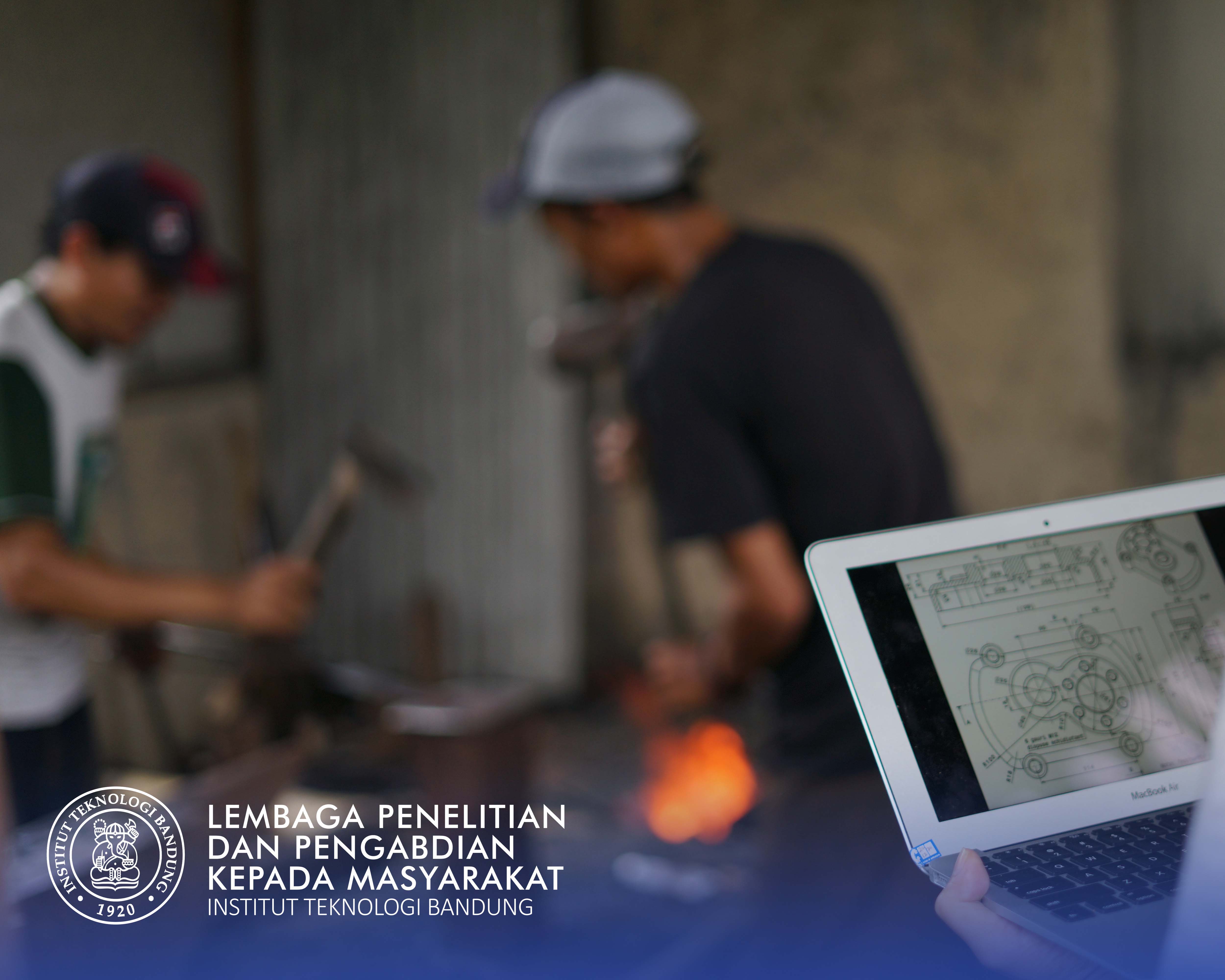

Tjandra Anggraeni
The activities carried out on the community service program are applications from the results of research carried out by the research team including when the study period in Indonesia and abroad, in the application of knowledge about insect science in relation to the increase and protection of agricultural products. In this activity, the team involved the Pre Masters SITH students who were young lecturers at the University in Sulawesi and Kalimantan. Activities carried out include: (1) Field identification and selection for the implementation of Honey Bee-Beefing Technology in Sulawesi and Kalimantan. The following are the requirements for honey bee maintenance areas: 1. Not drained directly by sunlight especially for areas with daily average temperatures above 30 degrees 2. Close to water sources (it doesn't have to be big, the important thing is clean). The maximum distance is 100 m from the maintenance site. This requirement is not too mandatory when the daily temperature is below 30 degrees 3. There are diverse interest sources in the form of wild plants, and cultivation plants. If it is intended to use honey bees to produce honey, propolis, or pollen with herbal quality, it is required that there are flowering herbal plants around the maintenance site 4. The farthest distance with food sources is 100 m to get harvested honey. The further than the source of the food is getting a little honey that can be harvested 5. Protected from livestock and pet animals 6. For Honey Bees Apis Cerana, when maintenance has a distance of around 50-100 m from the residential settlement. For unblemed bees not needed a certain distance 7. Cultivation areas are free from the influence of air pollution in the form of factory, household and insecticides 8. Ants and cockroaches are the main pests for honeybee colonies. Try to avoid these two pests by using protection in the form of glue or ants lime. (2) Transfer technology in terms of (a) Introduction to Honey Bee (b) Honey bee cultivation technology. The technology transfer process was held in the form of training held on Saturday 21 September 2013 at the Sith ITB Building Jl. Ganesha 10 Bandung with a speaker from the community service team and invited Prof. Siti Salmah from Andalas University. (3) The dissemination of honey honeycomb as a pilot project was held on Sunday III in December 2013 adjusted to the decline in funds and semester �break ". The four institutions involved in this activity are: A. Nusa Utara State Polytechnic Year (Pic: Dedy Azhari; 201613045) b. University of Borneo Tarakan (Pic: Ricky Febinaldy; 20613013) c. University of Tanjungpura Pontianak (Pic: Yuni Selvi; 20613024) . University 19 November Kolaka (pic: uterus; 211113031) (4) observations and evaluations that will be held since the placement of honeycomb in December to the following year (2014).
Implementation of social care activities in the form of education / counseling / mentoring
Very short execution time and disbursement of funds that are hampered is the main obstacle.